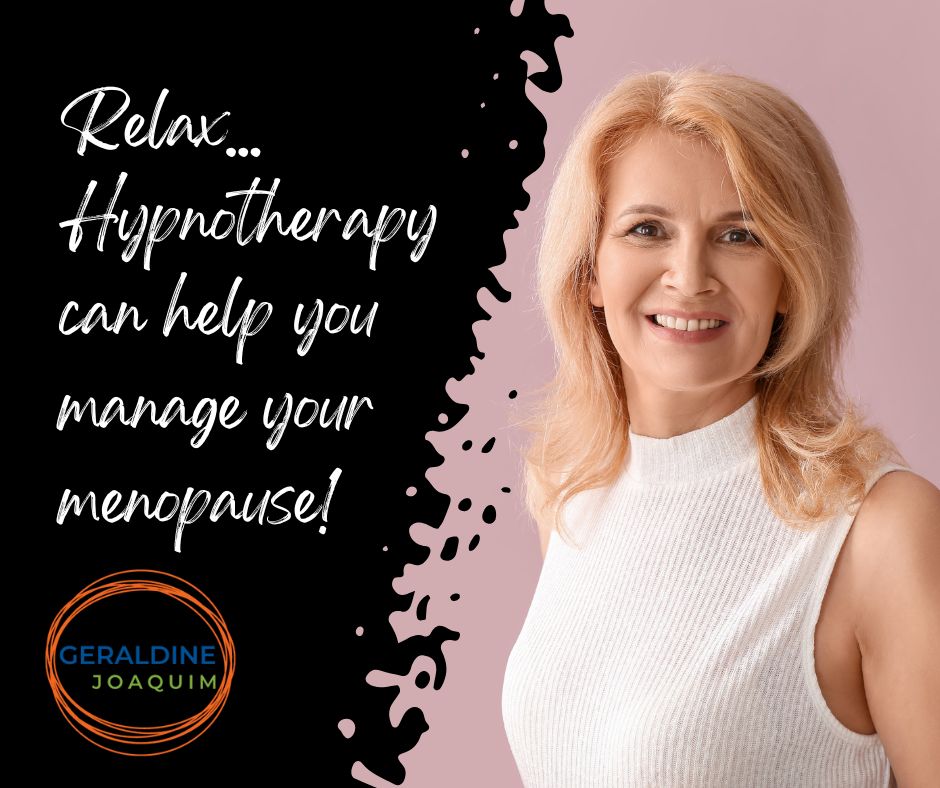
So, you’re thinking about alternative therapies to support your menopause…
But where do you start?
When you think about treatments for menopause (or perimenopause, I’ll be using those two terms interchangeably, yes I know they’re slightly different but ultimately we’re concerned about the symptoms of declining oestrogen, progesterone and testosterone, and it doesn’t really matter exactly where on the scale you are, whether you’re perimenopausal, menopausal, or postmenopausal), you probably think hormone replacement therapy (HRT) first.
And why wouldn’t you? It is, after all, a life stage affected by hormones, some would say a seismic shift in fact!
With over 30 ‘official’ symptoms (according to the NHS) and many more ‘unofficial’ ones, this can be a particularly trying time for many women and they can feel helpless in managing it which adds to feelings of being out of control.
But all is not lost! Whether you’re on HRT or not, there are a number of other ways to support your menopause. Think of your health like a jigsaw, with lots of pieces making up the whole of your wellbeing. HRT is just one of the pieces, and everyone’s ‘jigsaw’ is slightly different: what works for me may not be effective for you. It’s a question of trial and error, using different quantities and even down to trying different producers or brands…
There are a number of herbal remedies that can help with various symptoms, from hot flushes to reducing feelings of anxiety, such as Red clover, Ashwaganda, Black cohosh, sage, Evening primrose, Korean ginseng, linseed (flaxseed), St. John’s wort and wild yam.
Food can also make a huge difference, for example if you suffer from hot flushes then eating a lot of spicey foods is going to ramp that feeling of heat up! And sugar has thermogenic properties, it heats the body up, again not ideal… Eating foods that are rich in phytoestrogens (chemicals in plants that mimic our own oestrogen) is a good option, something like the Mediterranean diet. Studies show that women on this diet have a much lower risk of cognitive decline, depression, heart disease, stroke and cancer, and they also experience fewer hot flushes. That can’t be bad! Including foods such as: flax seeds, sesame seeds, dried apricots, a variety of legumes and fruits, vegetables (particularly above-ground veg, rather than the starchier below ground ones), whole grains, and dark chocolate.
Caffeine affects body temperature and feelings of anxiety. Caffeine is a central nervous system stimulant so it elevates levels of blood adrenaline, also known as the fight-flight-freeze hormone, and it’s a vasodilator, causing the blood vessels to dilate so allowing easier movement of blood, and this causes more heat to be carried by the blood to the skin… which exacerbates those hot flushes and night sweats.
And alcohol is a central nervous system depressant and a sedative, so whilst it might help to make you feel more relaxed, even sleepy, it’s not helpful for natural sleep. Additionally, alcohol is a diuretic which may result in more trips to the loo at night, and it increases body temperature which is a cue for your brain to wake up… making for a very disturbed night when you could really do with a good night’s sleep!
Lifestyle: as well as your diet, there are a number other lifestyle factors that contribute to your feeling of wellbeing. Exercise is a great way to increase your levels of positive hormones such as serotonin, dopamine, endorphins. As well as building muscle and strengthening your body. And relaxation is often overlooked in our busy lives, taking time out to be creative, to read, do some yoga, have a bath, meditate, get outside in nature… whatever you enjoy doing.
And let’s not forget about sleep! Sleep is the foundation of good health, whether you’re menopausal or not… prioritising good sleep habits is extremely important, and if you find you suffer from disrupted sleep (those hot flushes, aching joints, restless leg syndrome…) then support your sleep with short periods of rest in the day. NSDR (non-sleep deep rest) is an excellent tool, using guided visualisations and relaxations to allow your brain to download will help you manage those disturbed nights, and help you cope better in the day.
Those are all things you can do to support your menopause, but what else can you consider?
There are a number of therapies such as acupuncture, massage, mindfulness and meditation, yoga, breathwork, cognitive behavioural therapy (CBT)… and hypnotherapy.
How does hypnotherapy support menopause?
Firstly, hypnotherapy is not about being out of control. It’s not about the therapist reaching into your mind to make changes, rather it’s a collaborative approach that combines the best and most effective talking therapies (such as CBT, NLP, solution focused brief therapy) and hypnosis, which is simply being in a very relaxed state. Your brain is highly protective of you, it won’t allow any changes to be embedded if they don’t align with your wishes.
Hypnotherapy is most effective when it treats one issue at a time, allowing you to create new pathways and habits in the brain. Often, we have multiple issues – such as feeling stressed which has a physical impact, it causes a release of cortisol (stress hormones) which increases menopausal symptoms such as hot flushes, anxiety, skin rashes, headaches, muscle and joint aches, etc. And it can impact on your sleep, and your eating habits causing weight gain. Most people have a main issue that prompts them to seek help, with those smaller issues feeding into it… and usually when one issue is resolved, the others start to disappear, it’s like a positive dominoes effect!
There are a number of techniques that can be used in session, for example you may find that through hypnosis, you learn how to ‘dial down’ the temperature in your body to counteract hot flushes. It can teach you relaxation and breathing techniques to support your overall wellbeing, and it can help you to regain your confidence and self-esteem so that you feel a little more like yourself.
Menopause is a period of change, and there can be a sense of loss involved – hypnotherapy can support you in coming to terms with it, accepting where you are in life and the options still available to you.
So, if you are experiencing the symptoms of menopause but are looking for more support, either as an alternative solution to HRT or working alongside it, that can support all the areas of your life affected by this change,
Using a tailored approach to meet your individual needs, we will come up with a plan to help you achieve your desired outcome.
The first stage is to understand what you’d like to gain from your hypnotherapy, and the symptoms you’d like to address, and then working together, I can help you move through this new stage of your life with confidence – so you’re ready for whatever lies ahead.
Get in touch for a free, no obligation chat geraldine@geraldinejoaquim.co.uk | 07919 415900
